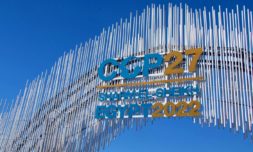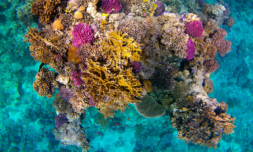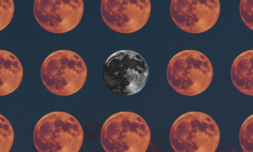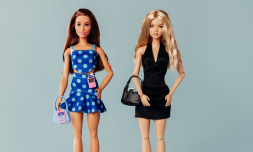Oceanologists are using their knowledge to help fishermen increase their income while improving the sustainability of their catches. If implemented across Europe, it could transform the fishing industry in the Mediterranean.
Though there’s been a lot of talk about unsustainable fishing in recent years, it’s important to remember that all fishermen are not created equal.
Amongst the most problematic are industrial-sized fishing organisations and large fleets of trawling vessels, which obliterate plant life on the sea floor and trap all marine animals in their wake.
Often forgotten are small-scale fishers, who use small nets, cages, or individual poles and lines to make their catches. These kinds of practices are conducted by at least half of Europe’s fishing sector, but those utilising this method are regularly left out of official decision-making in the sector.
With large populations of fish being scooped up by industrial fishing companies, independent fishermen across Europe are looking to the knowledge of ocean experts in order to stay afloat.





















